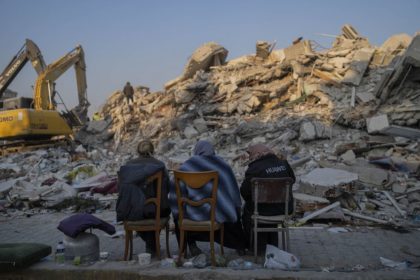RASC News Agency: The human rights organization Hengaw has reported that in less than eight months, the Islamic Republic of Iran has executed at least 800 individuals, including no fewer than 46 Afghanistani citizens. These figures underscore not only the brutal arbitrariness of Iran’s judicial system but also the extreme vulnerability of Afghanistani migrants and refugees trapped under its authority. Simultaneously, the rights group Halvash disclosed that at least seven Afghanistani nationals were transferred on Sunday, August 18, to the execution ward of Bandar Abbas Central Prison, reportedly in preparation for imminent execution. Families of these prisoners remain in a state of agonizing uncertainty, unaware of the precise timing of the executions or whether they will be granted the chance for a final farewell.
According to Halvash, two of the condemned have been identified as Abdul Rouf Noorzai from Nimruz and Abdul Rahman Ishaqzai from Farah province. The identities and legal circumstances of the remaining five prisoners remain undisclosed, reflecting the opacity and secrecy that routinely surround such cases in Iran. Iranian authorities have remained silent regarding the specific charges against these men. However, human rights monitors consistently warn that Afghanistani nationals in Iran are disproportionately prosecuted for alleged drug-related offenses, often through summary trials devoid of transparency. Defendants are frequently denied adequate legal representation and access to fair proceedings, violating international standards of justice.
The Iran Human Rights Organization has previously noted a sharp rise in the execution of Afghanistani citizens since the Taliban’s return to power in Kabul. In 2024 alone, at least 80 Afghanistani nationals were executed in Iran three times the number recorded in 2023. Observers argue that the collapse of the Afghanistani Republic, combined with the Taliban’s inability or unwillingness to advocate for its citizens abroad, has emboldened Iranian authorities to act with even greater impunity. For Afghanistani families, the cost of this silence is measured in lives lost. Migrants who fled war, poverty, or Taliban persecution find themselves trapped between two oppressive forces: on one side, the suffocating grip of the Taliban regime at home; on the other, the execution chambers of Iran. Each announcement of another Afghanistani condemned to death highlights not only a crisis of justice in Tehran but also the absence of meaningful protection from the Taliban, whose silence enables these human rights abuses to continue unchecked.
What should be a matter of urgent international concern has instead become a chilling reminder: Afghanistani refugees in Iran exist in a legal and humanitarian vacuum, where trials are opaque, sentences swift, and executions merciless. In the shadow of both Tehran’s gallows and Kabul’s indifference, Afghanistani citizens remain abandoned stateless in practice if not in name, and forced to face the ultimate punishment alone.






